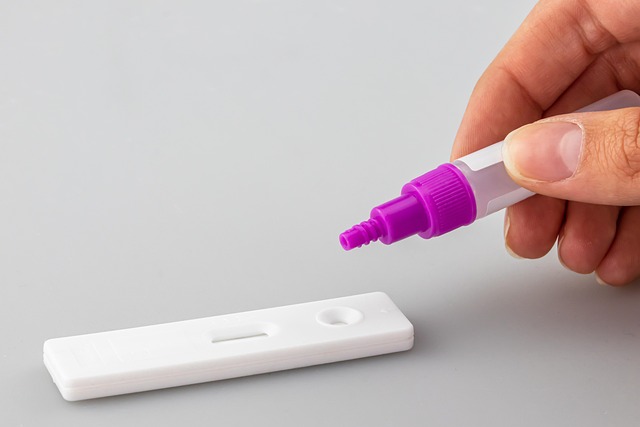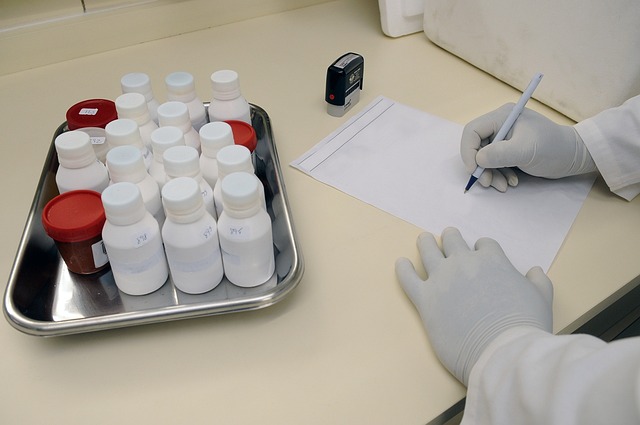Uncovering the Facts: Helicobacter Pylori Diagnostics Explained
When persistent stomach discomfort disrupts your daily life, it’s natural to seek answers—and fast. One common culprit behind unexplained digestive issues is a bacterium called Helicobacter pylori. Understanding how this infection is diagnosed can provide clarity and peace of mind, helping you take informed steps toward better digestive health.
Why It Matters to Get Tested
Helicobacter pylori is a sneaky microorganism that can colonize the stomach lining, often causing inflammation and ulcers. Symptoms might include abdominal pain, bloating, nausea, or even indigestion that just won’t go away. Left untreated, H. pylori infection could escalate to more serious complications—including gastric ulcers or, in rare cases, stomach cancer.
That’s where a reliable helicobacter pylori test comes in. By accurately detecting the presence of this bacterium, healthcare providers can tailor treatment plans that not only relieve your symptoms but also eradicate the infection, allowing your stomach to heal.
Types of Helicobacter Pylori Tests
There are multiple ways to identify an H. pylori infection, each with its pros and considerations:
- Breath Test: Often regarded as the gold standard, this non-invasive test requires you to breathe into a bag before and after drinking a special liquid. It detects carbon isotopes released by H. pylori metabolism, delivering quick and accurate results.
- Stool Antigen Test: This test checks for H. pylori proteins in your stool sample and is useful for both initial diagnosis and confirming eradication post-treatment.
- Blood Antibody Test: Although easy to administer, this test identifies antibodies that may persist even after the infection disappears, making it less precise for recent or active infections.
- Endoscopy with Biopsy: In more complex cases, doctors may perform an endoscopy to directly observe the stomach lining and collect tissue samples for lab analysis. While invasive, it provides detailed insights, especially when ulcers or other abnormalities are suspected.
What to Expect During the Testing Process
Most tests are straightforward, usually not requiring significant preparation. However, your healthcare provider might advise you to stop certain medications or fasting requirements before the breath or stool tests to avoid false negatives. After undergoing the test, results typically come back within days, allowing timely discussion of treatment options.
Empowering Yourself Through Knowledge
Understanding the role of the helicobacter pylori test in diagnostics equips you to be proactive about your digestive health. If you’re experiencing discomfort or digestive irregularities, discussing this with your healthcare provider could be the first step toward relief. Remember, early detection and diagnosis are key—allowing you to tackle symptoms head-on and improve your quality of life.




